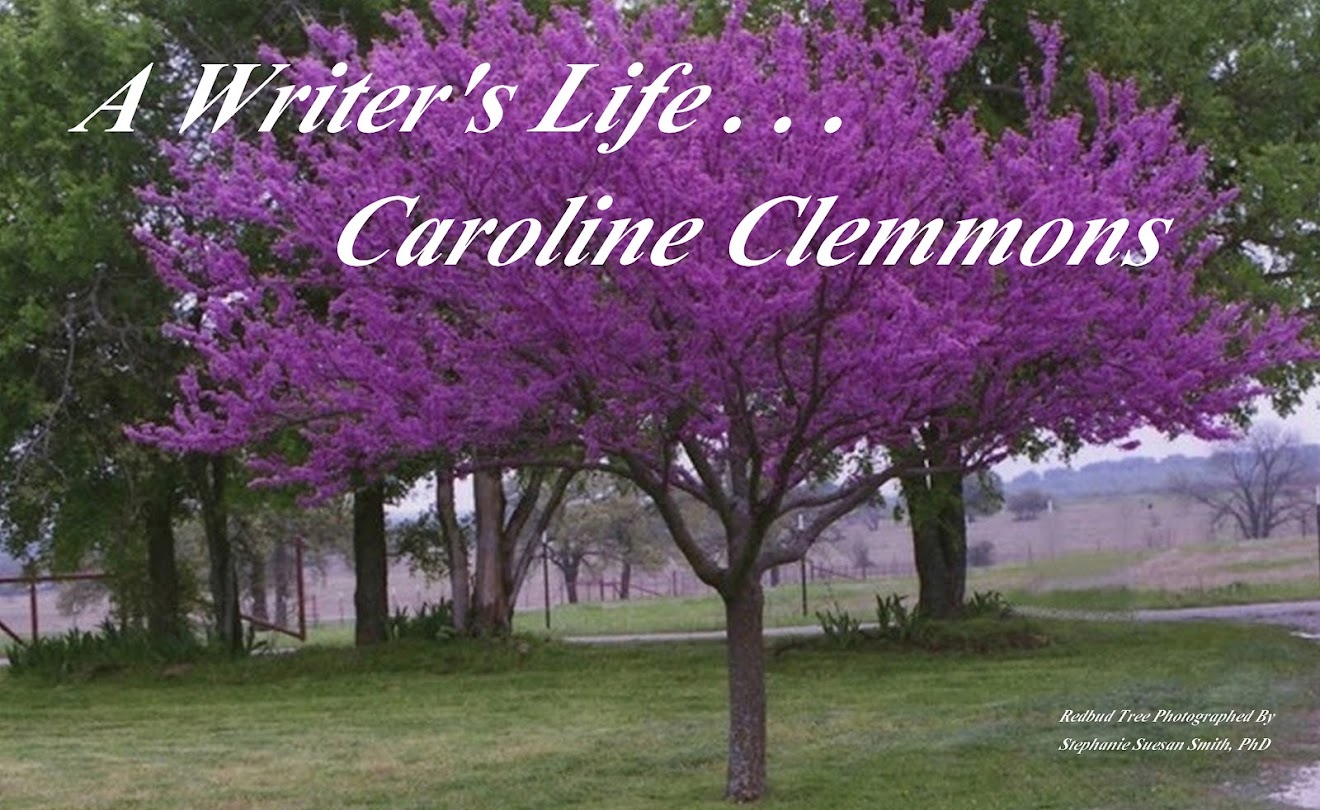How do you write? No, I don't mean with pen and paper or typewriter or computer keyboard. I mean the process of composing a manuscript for sale. I have heard of writers who submit their manuscript without editing it. Wow! How do they do that? Unfortunately, I'm definitely not one of those writers.
I'm the world's worst at editing and editing and editing ad nauseum. It's a disease. LOL I try to pound out the pages without stopping to correct typos, but I can't help myself. Even with this, I have learned that I write in several stages or layers.
I've already finished my research before I start the manuscript. When I first begin writing, I get in the main details--the plot, the characters, the dialogue--especially the dialogue. Next I go back to layer in the setting--the mood stuff. You know, layering is like the layers of an onion. You build up details and emotions one layer at a time.
Is it daytime, is it raining? What color dress is the heroine wearing? All the nitpicky details. If I did miss something in research or something new pops up, I research or ask my daughters to help me find answers. Both Darling 1 and Darling 2 are excellent at research.
I check the dialogue to see if there's difficulty discerning who's speaking. I add some action to the dialogue so I don't have pages of talking heads. This also helps let the reader know who's speaking without using tag lines. Not that I believe tag lines are bad, you understand. Many authors believe "said" is invisible. I prefer action instead. I want to know what people are doing while they speak.
The last layer I check is emotion. This is hard for me. Readers have told me that they like the emotion of my scenes, yet it seems to me I am always layering in more. I view the scene through the Point Of View (POV) character's eyes as I write. Sometimes I forget that even though I know what the POV character is feeling, I have to write it down. LOL
My critique partners are excellent. They let me know when they feel I've skipped an important chance to deepen a character or strengthen a scene. Thorough critique partners are a writer's best writing tool. I mean this. Your family and your best friend may say your work is the best they've ever read. Sure, their opinion is important to you! But the reader who buys your book and pays hard cash for it expects more. Dependable critique partners help a writer deliver a better product. The great editors at The Wild Rose Press are also invaluable. They spot problems and point them out graciously.
By the time I'm ready to turn in a manuscript, I've gone over it a gazillion times. Hmm, "gazillion" might be a slight exaggeration, but it doesn't seem that way when I'm finishing a book. All that's left then is to sprinkle on a little fairy dust to send the manuscript on its way.
Every writer has his or her own process. Above is what works for me--okay, maybe I don't really use fairy dust. Maybe I just pray a lot. I say whatever method works for you is the one you should follow.
What does work best for you?
Don't forget to include your email with your comment to be entered in my weekly drawing.




Mostly, I just spurt out a scene, full and complete, then go back and edit it afterward. However, I haven't yet worked on anything over 30-or-so pages (well, except a screenplay, but that's 80% dialog). Your process seems like a great idea and something I might try in the future.
ReplyDeletehornbowler(at)netscape(dot)net